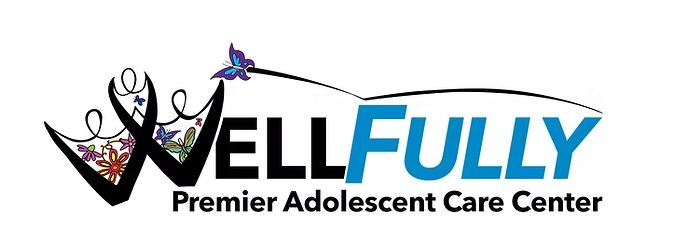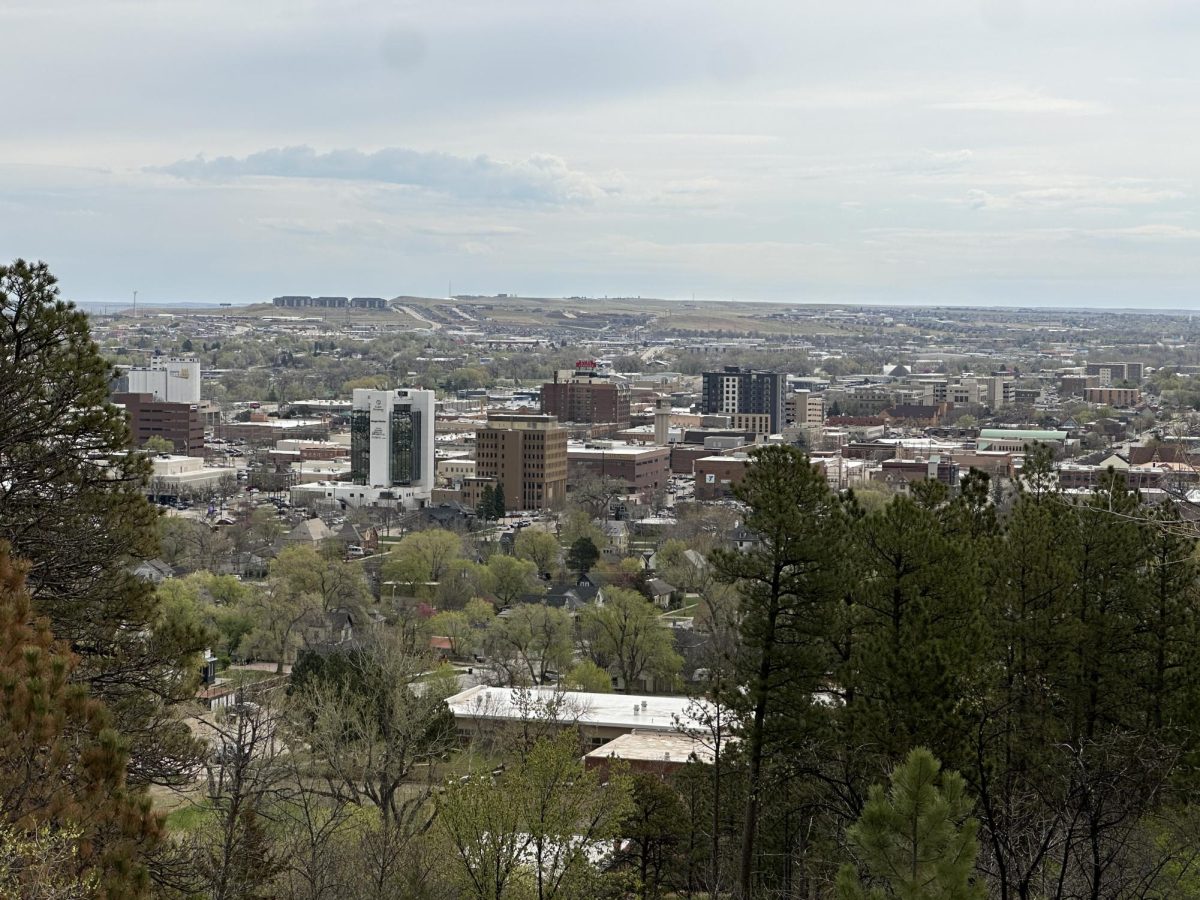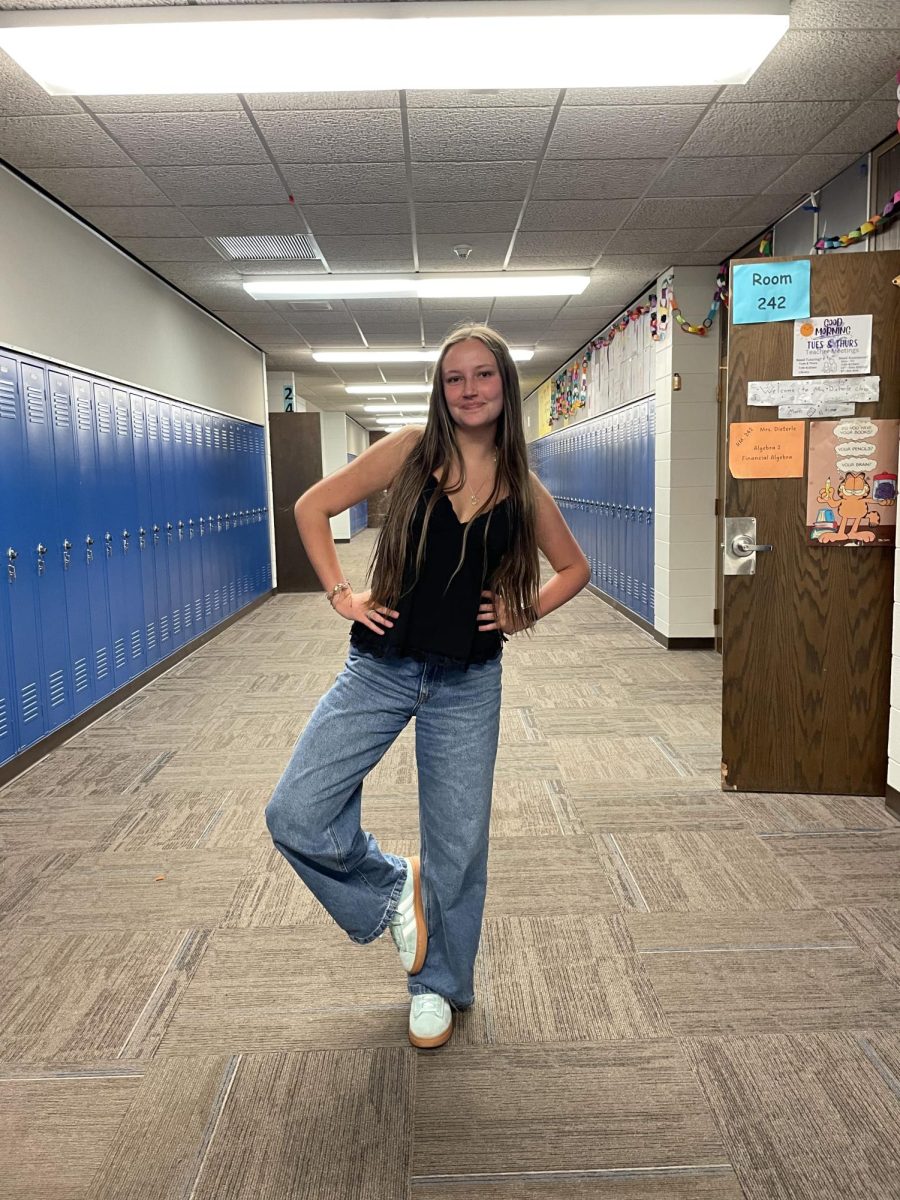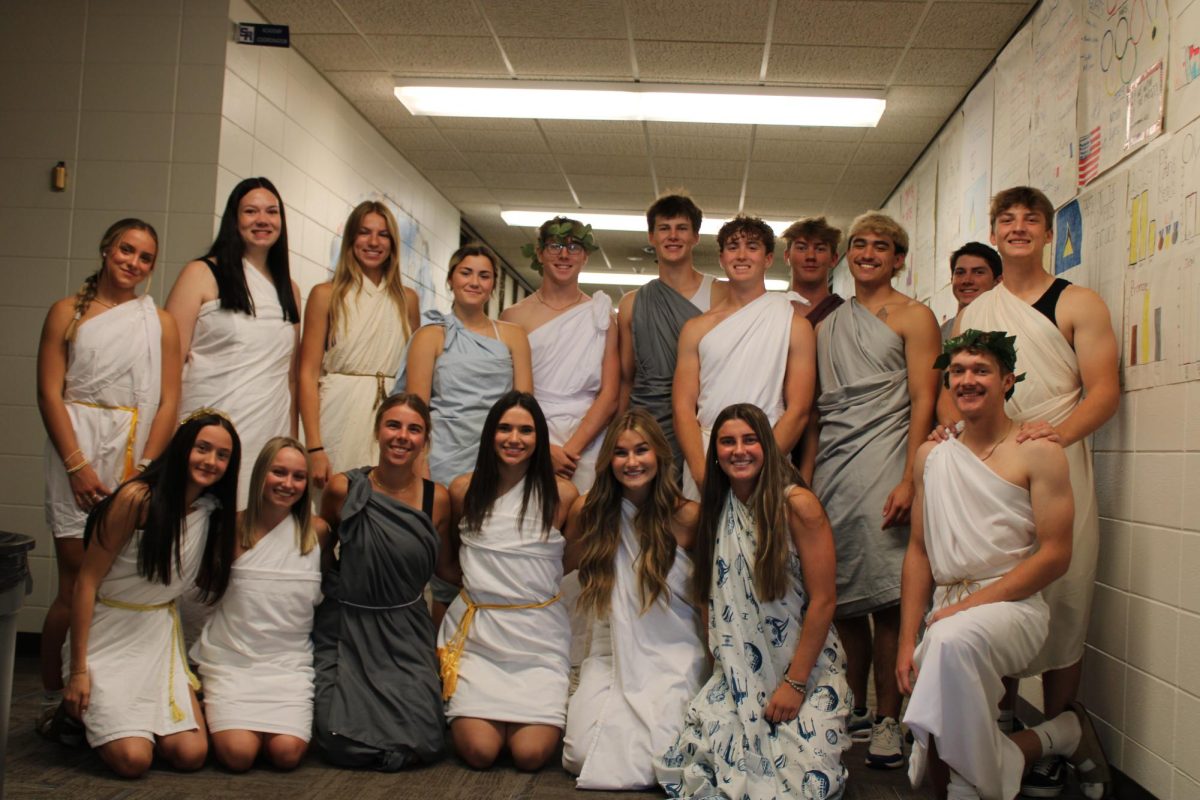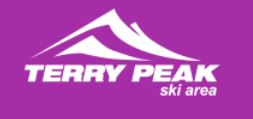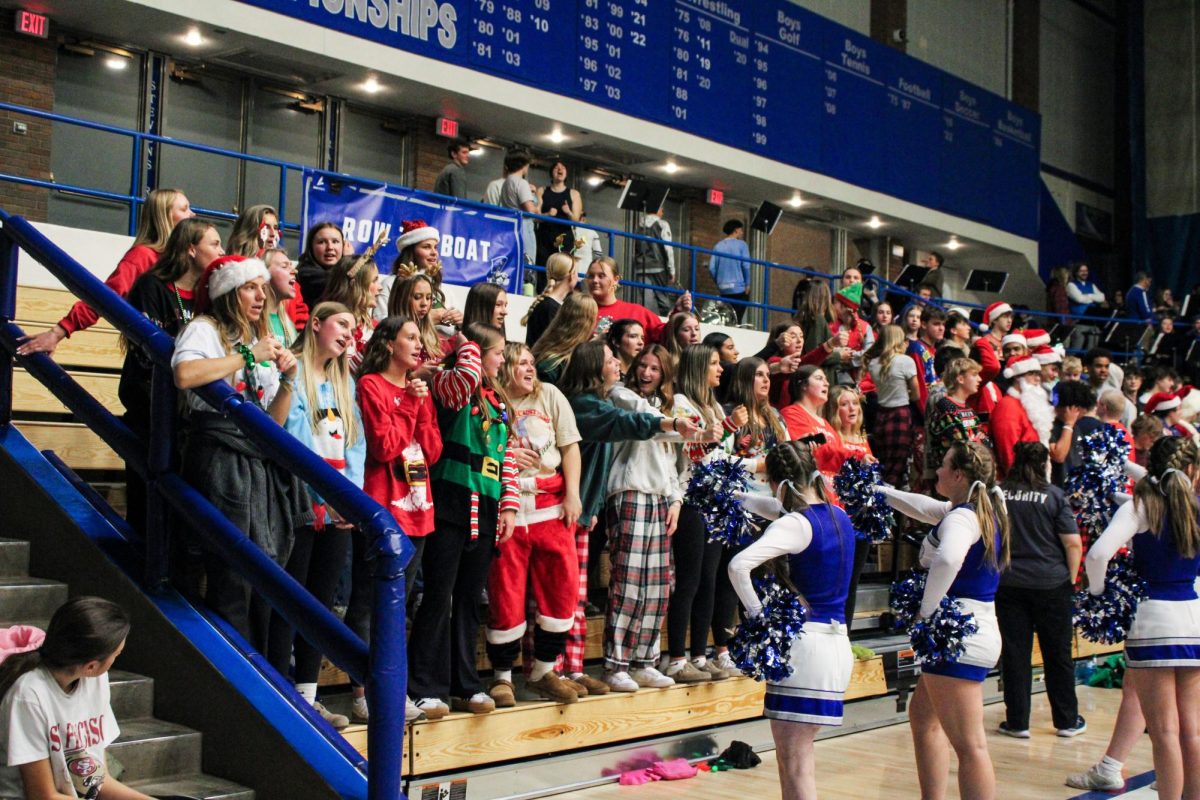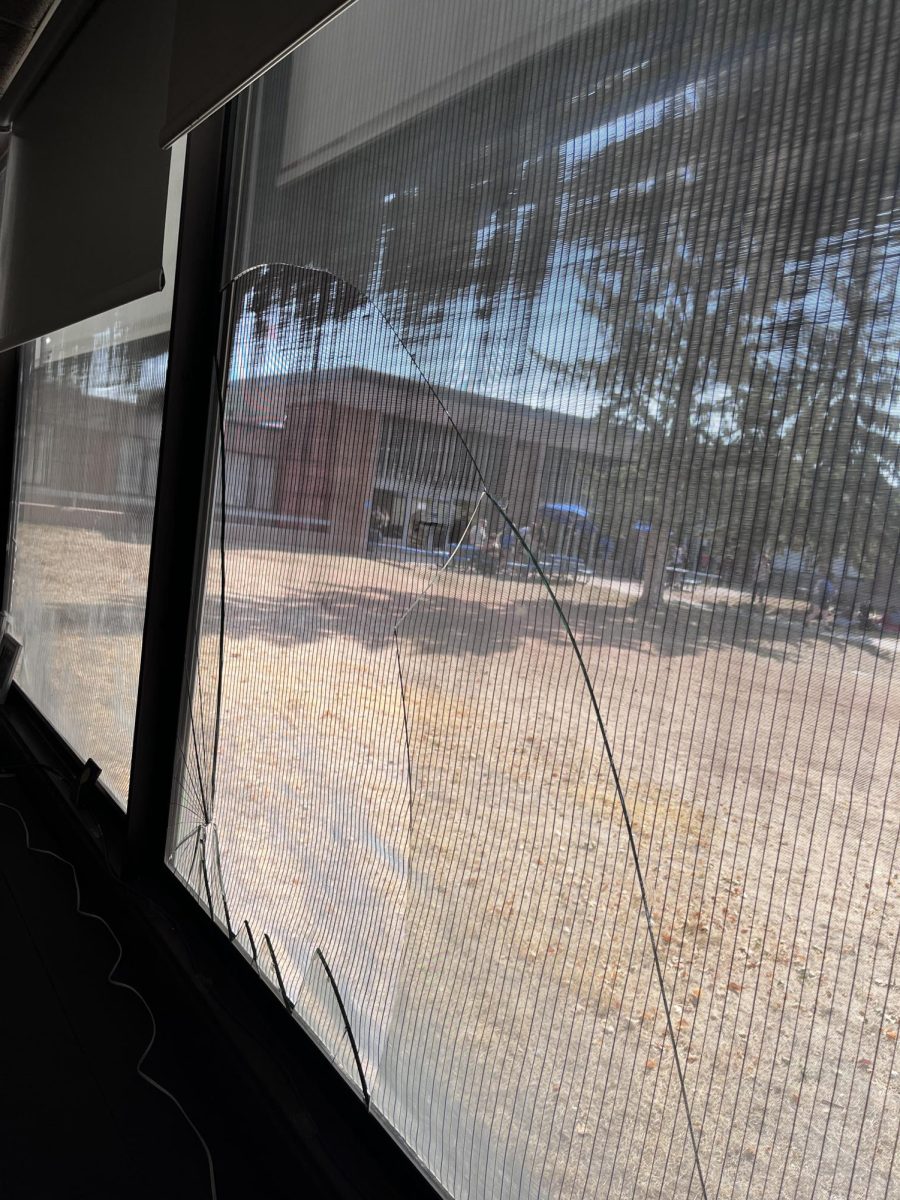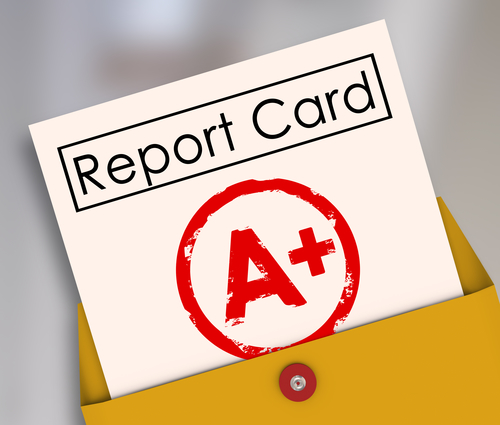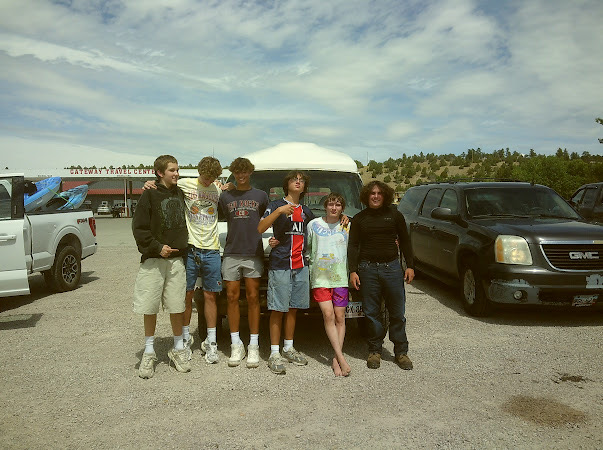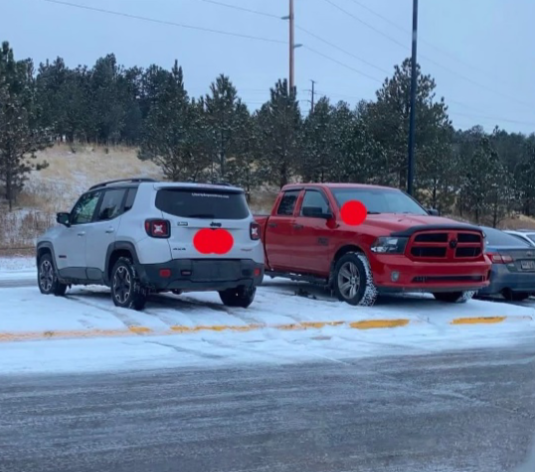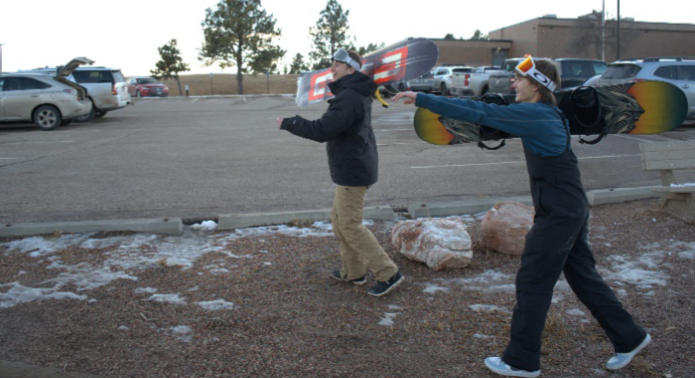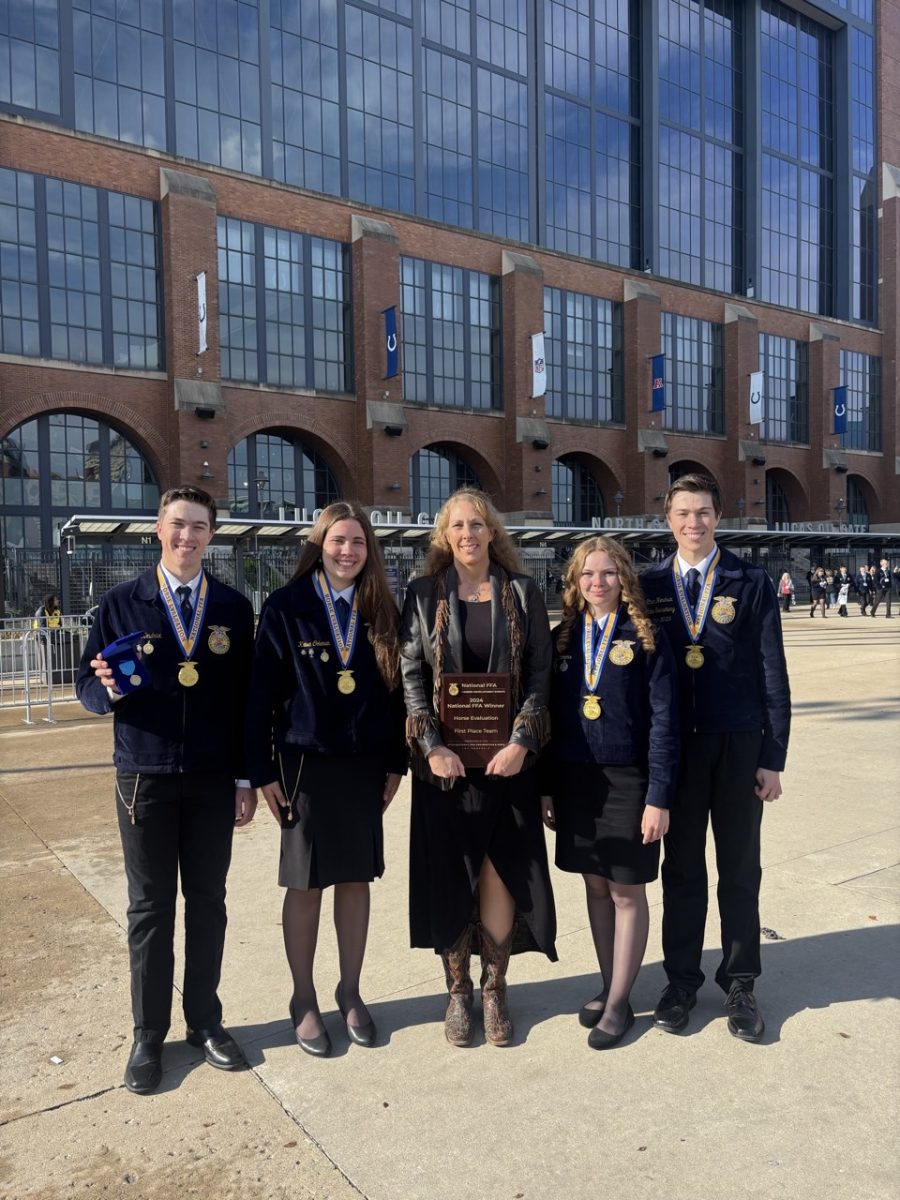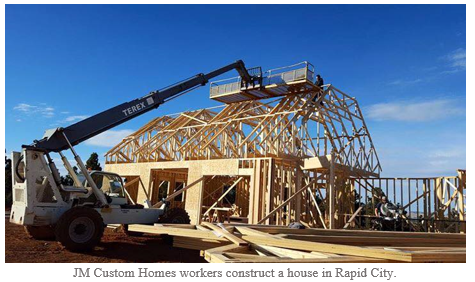
After being devastated by the effects of the COVID-19 pandemic on the housing market, communities in Rapid City have devised a plan to combat rising housing costs, but it won’t be easy.
The housing market is in a troubling spot for the people of Rapid City. Contractors and buyers alike have expressed their concerns with the housing market. Elevate Rapid City partnered with communities in Rapid City and the surrounding area to study the housing market and come up with ways to create affordable housing and increase the supply of housing.
Contractor Jerry Mills, owner of JM Custom Homes, said, “Ever since COVID, the prices have increased significantly.”
In 2019, before the COVID-19 pandemic, the average house in Rapid City cost just over $200,000. In 2024, the average house cost over $300,000.
Mills says his homes, “start in the upper $200,000 and up.”
According to Elevate Rapid City, rent exceeds $1,500 in some areas, which is alarming because, “The 2021 median income is $58,072, which affords $1,452 per month, including utilities, at the 30% housing affordability standard.”
Elevate Rapid City’s study dug into the reason housing is increasingly expensive in the area. The study discovered that the increase in housing prices is largely due to a shortage of housing units combined with an increasing population.
According to Elevate Rapid City, “Rapid City has seen dramatic population growth, with a 15% increase between 2010 and 2020. The city is expected to grow at this faster rate the next 8 years with an anticipated 18.9% increase between 2020 and 2030.”
The Rapid City area does not have enough homes to accommodate for the increasing population.
According to Elevate Rapid City, “A rental vacancy rate of 1-2% is estimated in Rapid City based on other data sources, far lower than the healthy target of 5-7%.”
Rapid City is in severe need of housing units. More units need to be built to supply the current population, account for the increasing population, and increase the vacancy rate to a healthy rate.
According to Elevate Rapid City, an estimated 9,191 new units are needed in Rapid City and the surrounding area by 2030.
Elevate Rapid City’s goal for promoting growth in the housing market is to build healthy neighborhoods with varied housing types, sizes, and prices. They want to create neighborhoods with quality space, urban design features, neighborhood gathering places, and neighborhood associations to maintain quality neighborhoods.
According to Elevate Rapid City, “This enables more people to stay in the neighborhood as housing needs shift, and it limits future instability due to changes in the housing market.”
Local contractors such as Mills are working to achieve the goal of building healthy neighborhoods and promote growth in the housing market.
Mills said he left J&J Custom Homes and started JM Custom Homes in 2014 so he could provide as many homes as possible to the community.
However, building homes has not been easy. According to Mills, the COVID-19 pandemic, inflation, rising material costs, and labor costs have all caused housing to become more expensive to build.
Mills said, “People have a difficult time understanding the price increases that inflation has caused, plus you have to have good incentives and wages to keep employers working for you,” and, “A house today costs $280 a square foot and up depending on amenities.”
Businesses and buyers are suffering from rising housing costs. Fortunately, Elevate Rapid City has come up with a solution. They plan to promote the Strategic Housing Trust Fund, Dakota Land Trust, and tax increment financing, among other programs.
According to the John T. Vucurevich Foundation, which aids the Strategic Housing Trust Fund, the Strategic Housing Trust Fund uses low interest revolving loan funds to fund housing development. They said, “Since 2020 the fund had raised $15 million dollars and approved 5 loans that will create or retain over 400 rental units that low-income families can afford.”
According to NeighborWorks Dakota Home Resources, Dakota Land Trust uses a shared equity model to reduce the cost of a house by purchasing the land. They said, “This helps make the home affordable to the initial buyer. Then a share of the property’s equity stays with the home at the time of a future sale, providing affordable housing in perpetuity.”
Elevate Rapid City is working with communities including NeighborWorks Dakota Home Resources, Ellsworth Air Force Base, Rapid City Area Schools, Monument Health, South Dakota Mines, and Western Dakota Technical College to fund housing and find ways to improve housing.
Mills said, “We do not receive public funding.”
Funding will relieve much of the burden on contractors and allow them to sell housing for a lower price. If Elevate Rapid City’s plan is successful, an estimated 9,191 required housing units could be built in Rapid City and the surrounding area by 2030. Once there are enough housing units to accommodate the population, prices on units are predicted to naturally decline.
